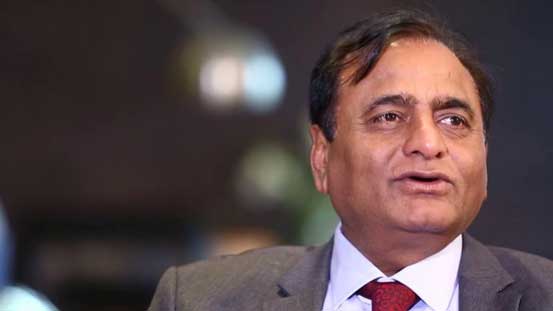×
The Standard e-Paper
Stay Informed, Even Offline

NAIROBI, KENYA: Africa’s richest man Aliko Dangote came knocking through an agent. Despite his stature and global recognition for his business acumen, his East African equivalent in steel and cement Guru Raval politely turned him away.
It was a brief conversation between two billionaires that ended with a blunt “no”.